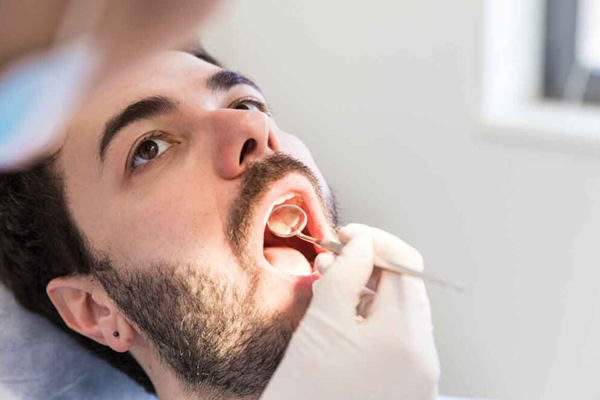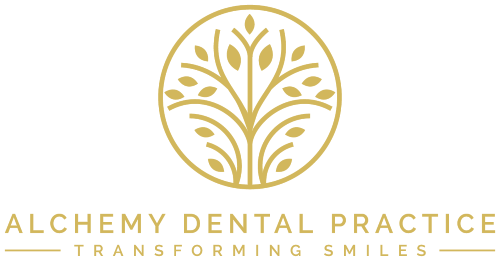General Dentistry
Ask a questionGeneral Dentistry
Our mission is to offer a progressive range of treatments that help you keep a healthy smile, combat gum disease and to ensure that your own natural teeth are preserved as much as possible. This means that tooth extraction will only be carried out when absolutely necessary. We call this minimally invasive dentistry.
Our general dentistry treatments listed below are designed to help you regain an optimal level of oral health, especially after incidences of gum disease or tooth decay.
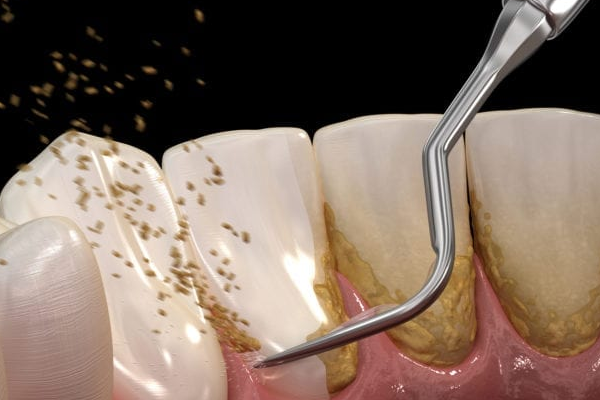
PERIODONTAL CLEANING
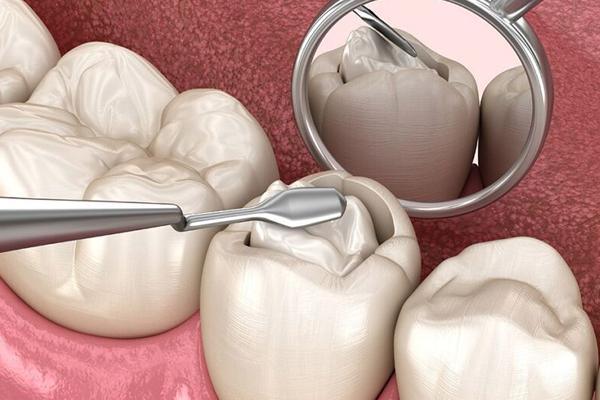
FILLINGS
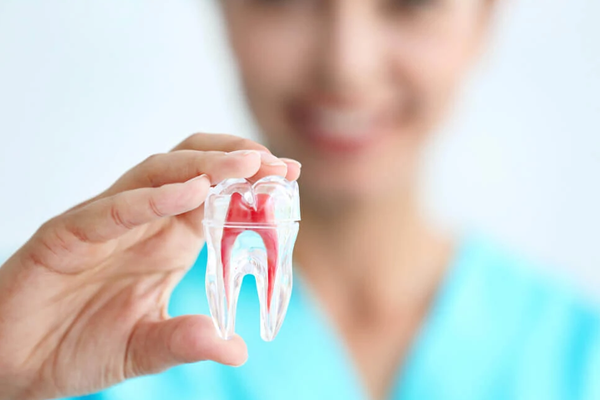
ROOT CANAL TREATMENT

BROKEN TEETH TREATMENT
